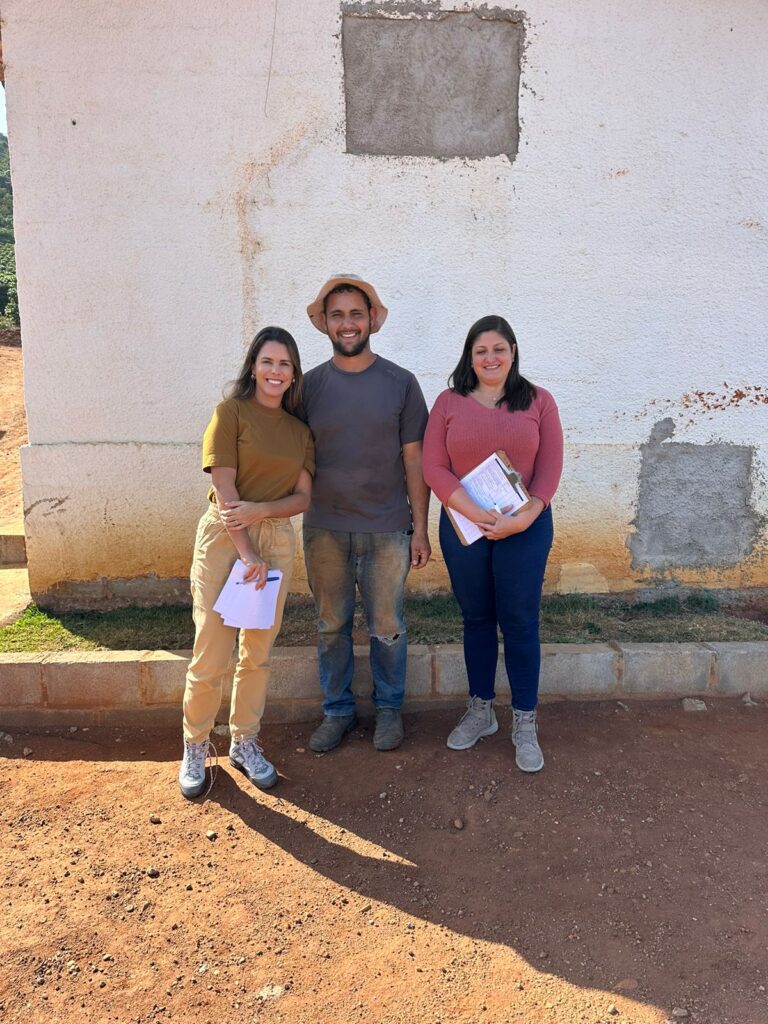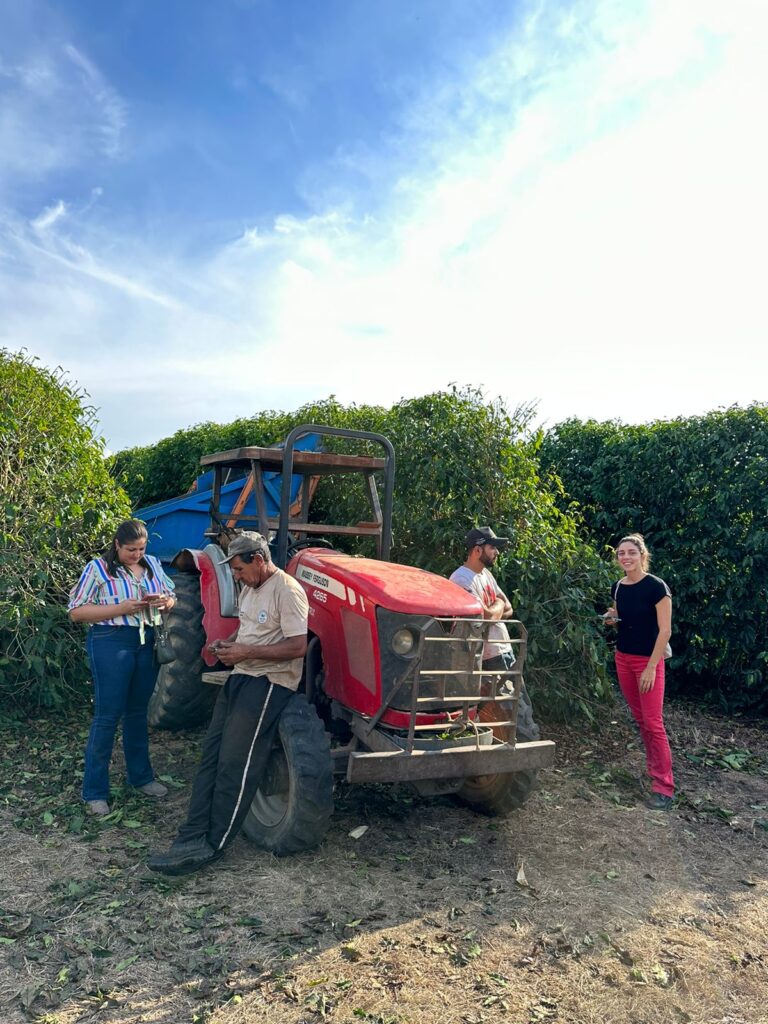Nossa Voz is a grievance mechanism tool which aims to be a preventative approach and an early warning and response system to potential human rights violations within the coffee supply chain. This tool is within parameters of the international regulatory framework, Human Rights Due Diligence. Adopting this framework is required by international law and drives the global private sector to increase transparency within its operations. The framework was developed through a robust process including local consultation which involved workers, survivors of human rights violations, government, civil society, and the private sector.
What makes this tool unique and innovative is the potential it has to achieve social dialogue and joint solutions between workers at a national level, the National Confederation of Salaried Workers and Rural Employees (CONTAR) which is a key partner of this initiative, and companies within the coffee supply chain.
Presently, Nossa Voz has earned the support of the Rainforest Alliance and the United Nations Global Compact, and has been implemented in partnership with Agrogenius and Mercon. This initiative has been developed in collaboration with LRQA and is monitored by Stanford University. Partnering with Stanford University means that once the pilot has been completed, recommendations can be generated for further improvement.
The first group of farms has already received training on the use of Nossa Voz. Every Sunday, workers at these farms receive information digitally, about their rights as rural workers within the coffee sector. This digital campaign and the overall communication strategy were as a result of an extensive consultation with both male and female workers. This was carried out by GFEMS’ partners in Brazil, LRQA and Instituto Trabalho Decente (ITD).
To learn more about Nossa Voz, you can reach out to Fernanda Carvalho (Country Manager, Brazil) via email: Fernanda.carvalho@gfems.org.


